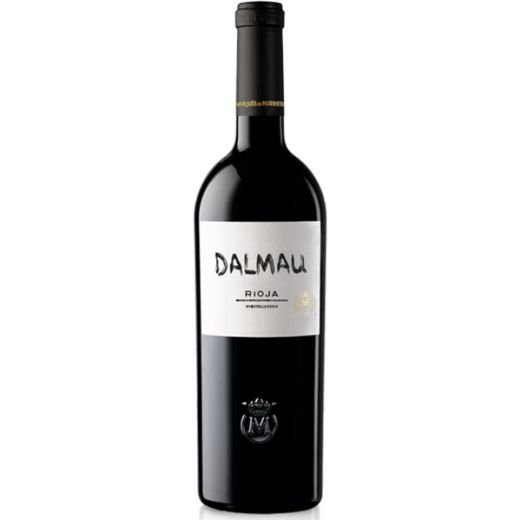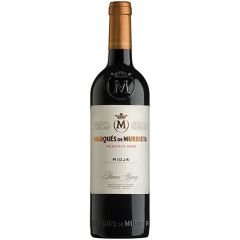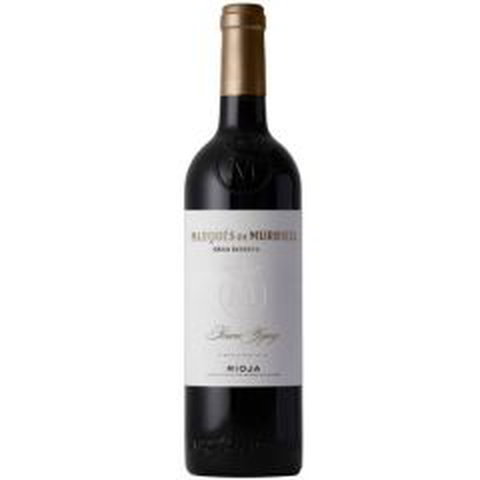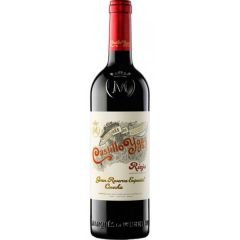Marques de Murrieta Dalmau
94 points in Wine Advocate - "The more-modern red of the portfolio is the 2013 Dalmau Reserva, a blend of 71% Tempranillo, 15% Cabernet Sauvignon and 14% Graciano from one single vineyard within the Ygay estate, the Pago Canajas. It's balsamic, herbal, clean, serious and complex. The palate is very balanced, with refined, fine-grained tannins and a nice core of acidity. This is a very good, serious vintage of Dalmau."
93 points in Wine AEnthusiast - "Sturdy aromas of licorice, black pepper and wild berry fruits are highly encouraging. In the mouth, high acidity reflective of a cool year is the dominant component, meaning this has long-term aging potential. Flavors of dried cheese, vanilla and chocolate come straight from the barrel, while balsamic berry, plum and currant notes carry over to a well-oaked finish. Drink from 2020–2034."
92 points in Wine Spectator - "Sleek and dense, this ripe red shows blackberry and plum compote flavors, with dark chocolate and black pepper accents. Firm tannins and sweet-tart acidity keep this focused. A fruit-driven, modern style. Drink now through 2026."
พันธุ์องุ่นผสม (Grape Blended)
รสสัมผัส (Palate)
สี (Colour)
กลิ่น (Aroma)
รสสัมผัส (Palate)




Producer Information
Established in 1852, Murrieta is one of the oldest and most respected bodegas in Rioja Alta. Their wines are concentrated and long-lived and some, like “Castillo Ygay”, have become legendary amongst wine-lovers. Marqués de Murrieta has not stood back and stagnated however; their 300 hectare estate produces Dalmau – a blend which represents an avant-garde expression of their terroir.
Vineyards
A selection of the best fruit available in selected vintages from our old single vineyard called Canajas, located at 465 meters above sea level. Its soil is mainly clay-chalky, with a stony topsoil, which favours optimal ripening. After verizon, crop-thinning is carried out, selecting bunches with small berries in order to limit production up to 1 kilogram per vine.
Winemaking
Grapes are first carefully de-stemmed and then each variety ferments separately for 11 days. Tempranillo ferments in stainless steel and Cabernet Sauvignon and Graciano in small oak vats. Pumping over and delestage (rack-and-return) operations are carried out on a daily basis.










